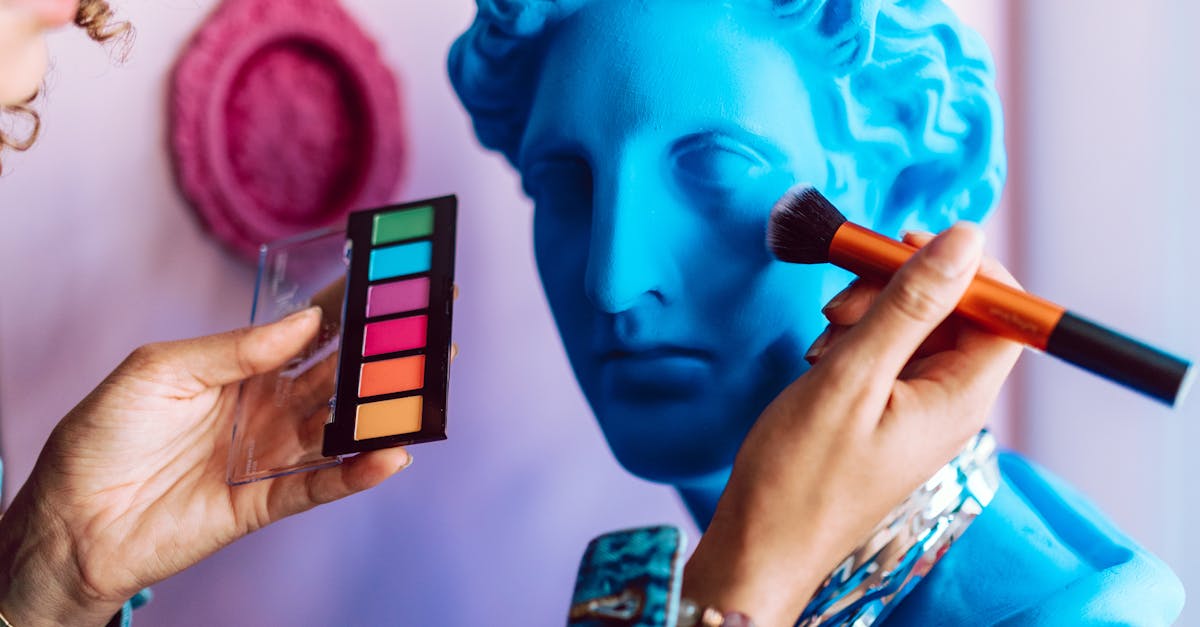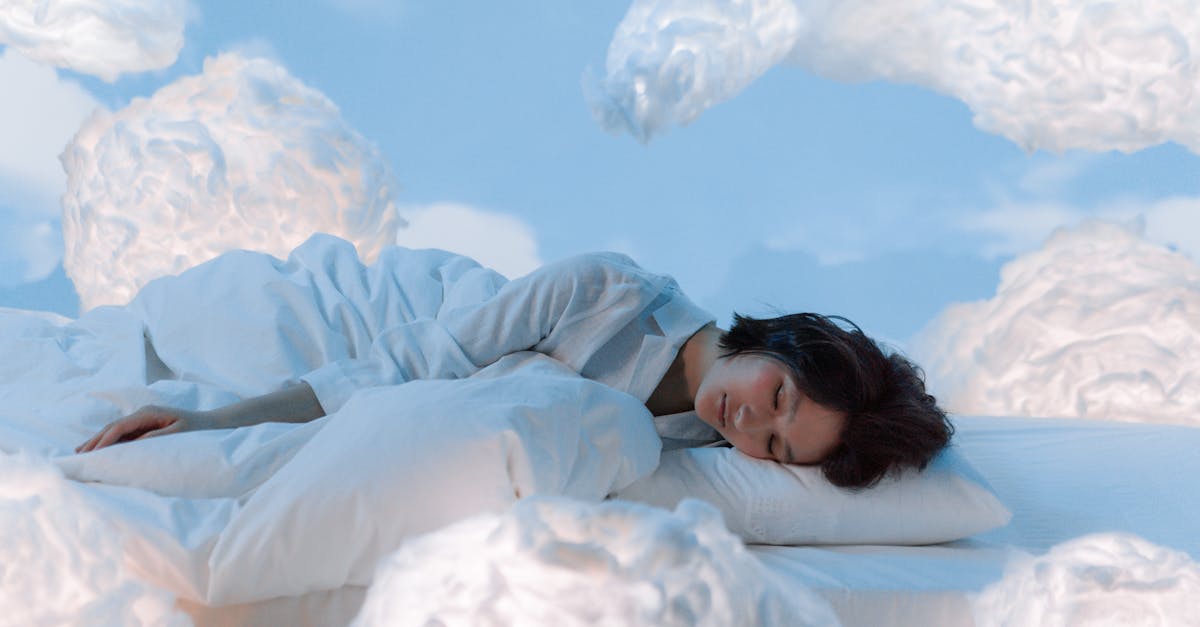Table of Contents
ToggleImagine waking up in the middle of the night, drenched like you just ran a marathon in a sauna. For many, this isn’t just a bad dream; it’s a nightly reality caused by sleep apnea. While snoring might be the loudest culprit in your bedroom symphony, those pesky night sweats can steal the spotlight, leaving you feeling like a soggy mess.
Sleep apnea isn’t just about the snores and gasps; it often comes with a side of unexpected perspiration. Understanding the connection between sleep apnea and night sweats can help you reclaim those peaceful nights. So grab your towel and let’s dive into the world of sleep apnea night sweats, where knowledge is the key to a drier, more restful sleep.
Understanding Sleep Apnea
Sleep apnea significantly impacts sleep quality, manifesting through various symptoms, including night sweats. The condition can lead to disrupted sleep patterns, causing fatigue and health complications.
What Is Sleep Apnea?
Sleep apnea is a sleep disorder characterized by repeated interruptions in breathing during sleep. These interruptions frequently arise from blocked airways or brain signaling issues. Individuals may experience loud snoring, gasping, or choking sounds, often waking up multiple times throughout the night. As a result, excessive daytime sleepiness or fatigue often occurs, affecting daily activities.
Types of Sleep Apnea
Obstructive sleep apnea (OSA) is the most common form, caused by a physical blockage of the throat. Central sleep apnea (CSA) results from the brain’s failure to transmit signals that regulate breathing. Complex sleep apnea syndrome, also known as treatment-emergent central sleep apnea, combines features of both OSA and CSA. Understanding these types helps identify effective treatment options tailored to individual needs.
The Connection Between Sleep Apnea and Night Sweats
Sleep apnea commonly causes night sweats, creating a disruptive sleep environment. Individuals with this condition may experience increased chest pressure and breathing difficulties, leading to excessive sweating during sleep.
How Sleep Apnea Causes Night Sweats
Obstructive sleep apnea triggers stress responses in the body. Episodes of breathing interruption create discomfort, resulting in heightened anxiety and physical stress. Increased heart rate often leads to inflammation, which can induce night sweats. Furthermore, hormonal fluctuations due to disturbed sleep may exacerbate sweating. Individuals may notice more moisture on their sheets as these factors combine, significantly impacting overall sleep quality.
Symptoms to Watch For
Recognizing symptoms associated with sleep apnea is essential. Loud snoring often accompanies episodes of gasping for breath, serving as a major indicator. Daytime fatigue affects concentration, highlighting reduced sleep quality. Night sweats may also serve as an overlooked symptom, occurring alongside irregular breathing patterns. Waking up with a dry mouth often results from open-mouth breathing during sleep apnea episodes. Monitoring these symptoms aids in identifying sleep apnea for timely treatment and better sleep hygiene.
Managing Sleep Apnea Night Sweats
Effectively managing night sweats related to sleep apnea involves both treatment options and lifestyle changes. Addressing these factors can significantly enhance sleep quality and overall health.
Treatment Options for Sleep Apnea
Continuous positive airway pressure (CPAP) therapy offers a widely recommended solution. This treatment maintains open airways during sleep by delivering a steady flow of air. In some cases, oral appliances can reposition the jaw to alleviate airway blockages. Surgical options may exist for severe obstructive sleep apnea cases, targeting structural issues. Consulting a healthcare professional helps determine the most effective approach tailored to individual needs.
Lifestyle Changes to Reduce Night Sweats
Making specific lifestyle adjustments can help diminish night sweats. Regular exercise supports better sleep patterns and reduces overall stress levels. A balanced diet, low in caffeine and alcohol, decreases the likelihood of multiple symptoms, including night sweats. Maintaining a cool bedroom environment can also aid in minimizing discomfort during the night. Staying hydrated throughout the day promotes overall wellness, which plays a role in mitigating night sweats.
Addressing night sweats linked to sleep apnea is crucial for improving overall sleep quality. Recognizing the symptoms and understanding the underlying causes can empower individuals to seek timely treatment. With options like CPAP therapy and lifestyle changes, managing these disruptive symptoms is possible. Prioritizing a cool sleep environment and maintaining healthy habits can significantly alleviate discomfort. By taking proactive steps, individuals can enhance their sleep hygiene and enjoy more restful nights.





